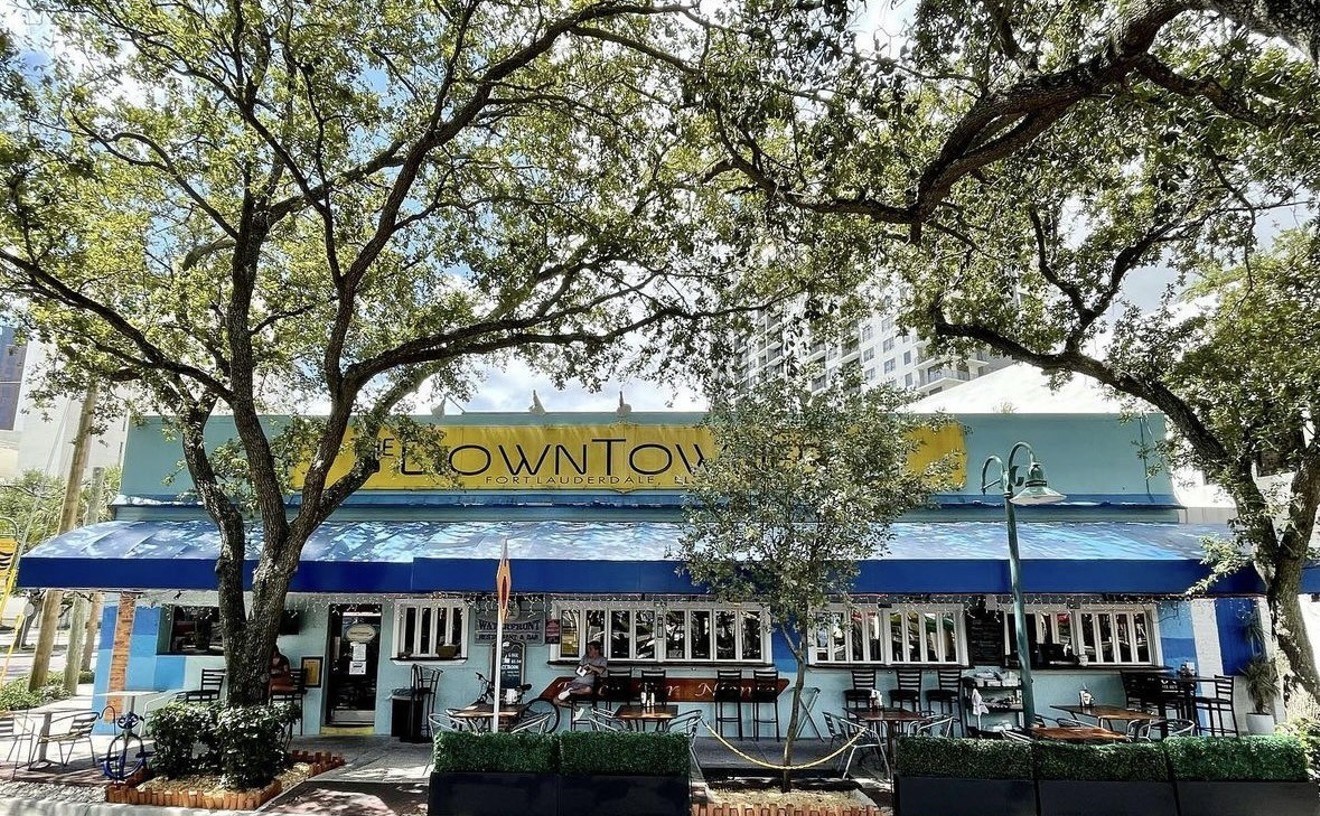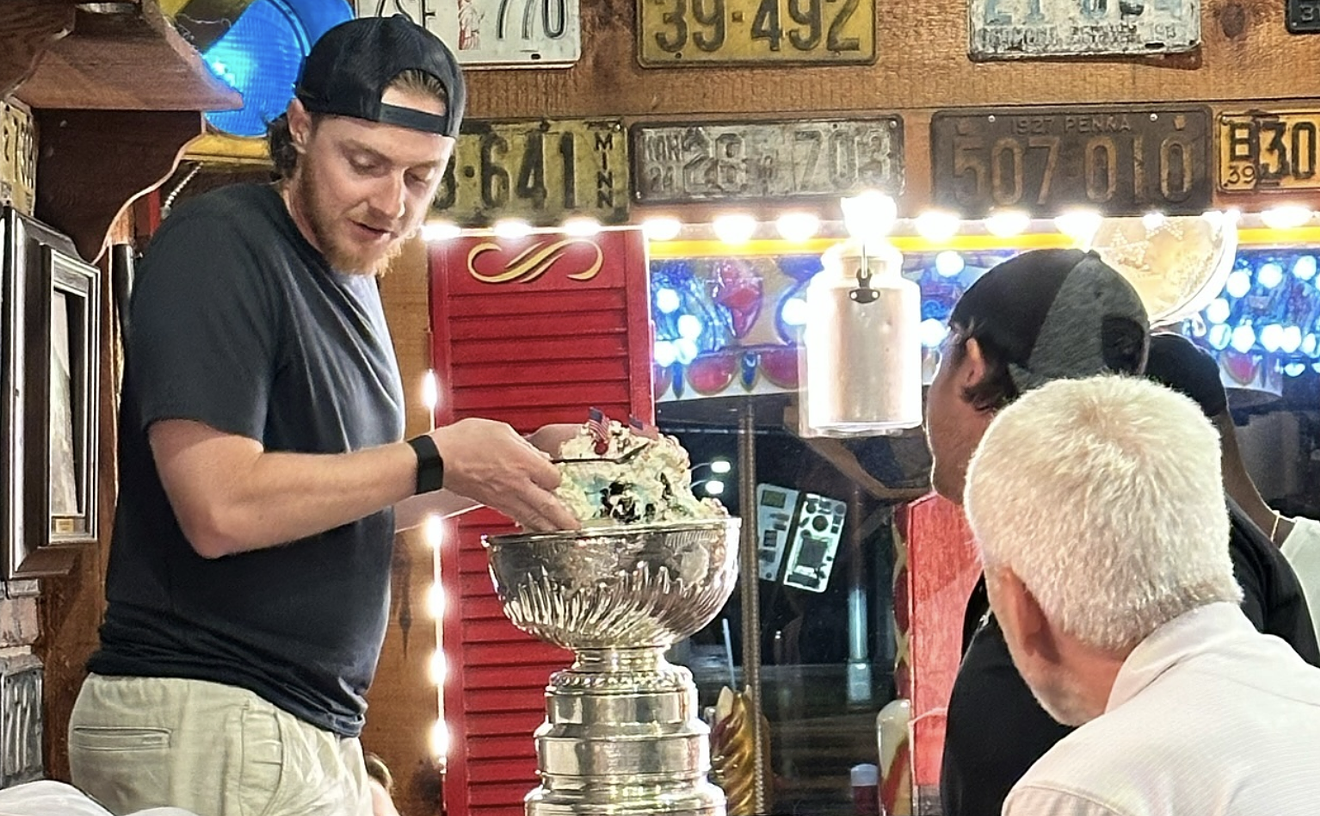Former Florida State University student Austin Harrouff, 25, killed strangers John Stevens and Michelle Mishcon at their Martin County home in August 2016 in the midst of what his attorneys have described as an "acute psychotic episode."
The grisly details of the case left many wondering what could have triggered such a brutal attack. Police initially attributed Harrouff's actions to bath salts or flakka, although toxicology reports later disproved that theory.
For years, Harrouff's attorneys and medical experts argued in court that he was insane when he killed Stevens and Mishcon. On November 28, Circuit Judge Sherwood Bauer accepted an agreement between Harrouff's defense team and state prosecutors to avert trial, sending Harrouff to a mental health facility as opposed to prison.
Bauer noted in his ruling that two mental health experts, one hired by the state and one for the defense, concluded that Harrouff was, in fact, in a psychotic state during the attack.
"It's a sad case. It's an awful case," Bauer said during the hearing. "But when it all gets said and done, the state and the defense have made a determination that mental intent was not formulated, that it wasn't there, and therefore that the defendant is technically not guilty by reason of insanity."
Harrouff faced two counts of first-degree murder in the deaths of Mishcon and Stevens, as well as an attempted first-degree murder charge in the attack on a neighbor, Jeff Fisher, who was stabbed by Harrouff when he intervened.

In 2016, Florida State University student Austin Harrouff allegedly attacked and killed John Stevens and Michelle Mishcon at their Tequesta home.
Screenshot via YouTube
On the evening of August 15, 2016, then-19-year-old Harrouff stormed out of a dinner with his father at Duffy's Bar & Grill in Jupiter and went to his mother's home, where he guzzled cooking oil. His mother found him and drove him back to the restaurant, but Harrouff got into an argument with his father and left again, walking across town until he arrived at Stevens and Mishcon's Tequesta home, just north of the Palm Beach County line.
There, Harrouff stabbed and bludgeoned the couple to death in their garage. According to a police report, Fisher intervened after hearing noise outside, and Harrouff stabbed him as well. Martin County Sheriff’s Office deputies arrived on the scene to find Harrouff in his underpants, on top of Stevens. It reportedly took a Taser, three police officers, and a police dog to pull Harrouff from Stevens’ body.
Harrouff had exhibited signs of erratic behavior before the attack. According to WPBF, his mother, Mina, called police shortly before the murders and told them her son had been acting strangely, claiming he had "superpowers" and "was here to protect people."
While Martin County Sheriff William Snyder initially told reporters the murders could “absolutely” have been fueled by the synthetic drug flakka, a toxicology report released in November 2016 from the Federal Bureau of Investigation (FBI) revealed that the drug was not in Harrouff's system at the time of the attack — only alcohol and trace amounts of marijuana.NEW VIDEO: Austin #Harrouff leaving restaurant before allegedly committing murders near #Jupiter. @WPLGLocal10 pic.twitter.com/aKFJmYXS2j
— Ben Kennedy (@BenKennedyTV) August 19, 2016
In a 38-page report by forensic psychiatrist Phillip Resnick, Harrouff was found to have been suffering from "severe mental disease" at the time, specifically bipolar disorder and acute manic episodes with psychotic features, as well as “clinical lycanthropy delusions,” also known as werewolf syndrome.
Harrouff believed he was "half-dog, half-man," according to Resnick's report.
At Monday's hearing, Stevens and Mishcon's family members could be seen tearful in the audience as the judge explained his ruling.
Several of them gave victim impact statements, including one of Mishcon's sisters, Jodi Bruce, who spoke angrily at Harrouff and repeatedly insisted that he face her and the photos she presented of her sister, including one picture of their yearly family trip to the Florida Keys and another of Mishcon and her niece after a friendly cake fight.
"My sisters were my best friends. It's not often you have families that love being together, and we loved being together. So let's look at some of those times," Bruce said to Harrouff. "Come on, look up again and see the next picture. Give me your eyes one more time, Austin. One more time."
Bruce told the court that Mishcon had two sisters, a brother, two stepchildren, a niece, and a nephew, all of whom who loved her and have suffered every day since her death.
"You beat her up. You stabbed her to death. She did nothing to you...nothing. She was totally defenseless. She weighed like 100 pounds!" Bruce exclaimed.
Mishcon, who was 53, and Stevens, 59, lived near Jupiter in a home surrounded by sprawling golf courses near the banks of the Loxahatchee River. They spent many evenings relaxing and entertaining guests in their garage, where they would set up a television and chairs. Mishcon was the daughter of former North Miami Beach Mayor Jeff Mishcon.
Under Judge Bauer's order, Harrouff will remain at a secure mental health facility monitored by the Florida Department of Children and Families.
The insanity defense is rarely used and not often successful. A study of eight states found that the insanity defense is used in less than one percent of criminal cases and has a success rate of approximately 25 percent.













